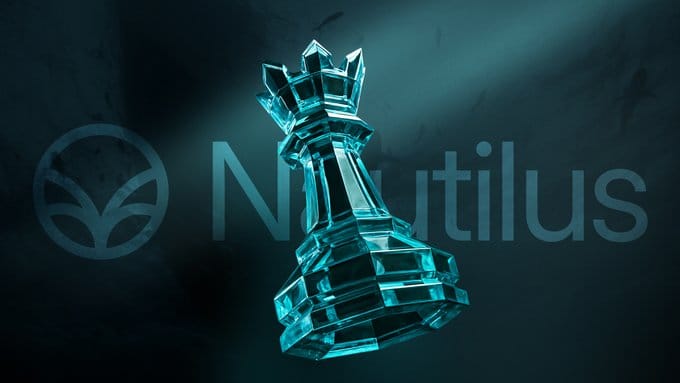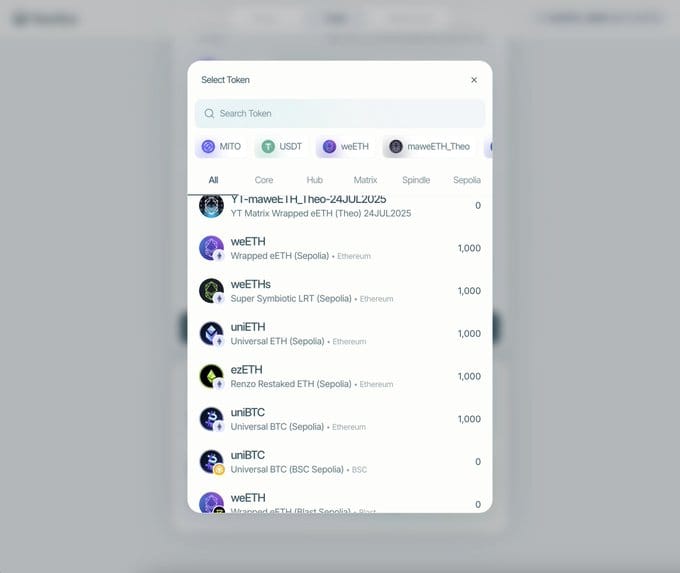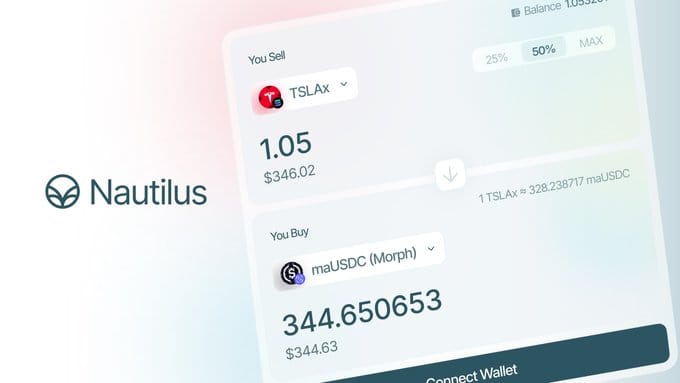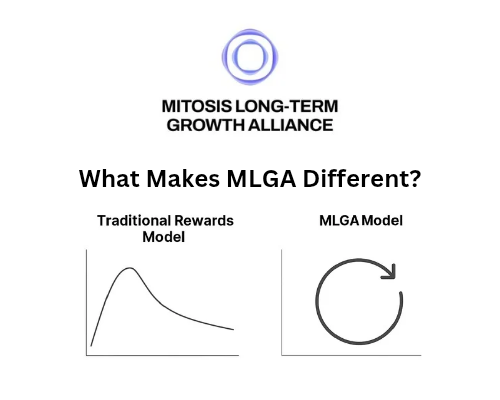Nautilus: The Routefinder Beneath Mitosis

Something you wonder… With all the vaults, tokens, pools, and strategies flying around the Mitosis Chain, how are swaps even supposed to make sense?
You have people holding various assets, including maAssets, miAssets, native tokens, LP tokens, and wrapped yield-bearing assets across multiple vaults, strategies, and layers. It’s composable chaos. And if you’ve ever asked yourself, “Wait, how do I even swap between all these assets without breaking things or losing value?” you’re not alone.
This is where Nautilus comes in.
Nautilus is the native DEX aggregator on the Mitosis Chain, but not just another 1inch or Paraswap clone. It was purpose-built for the Mitosis ecosystem, which means it speaks the same language as the vaults, understands the distinction between a vault token and a reward-bearing token, and recognizes that some tokens represent positions in active strategies.
When you submit a trade, Nautilus scans across all DEXs, vault liquidity, and Mitosis-native positions to find the most efficient route. You’re not just swapping “Token A → Token B.” You might be jumping across multiple pool layers, decomposing a vault token, and bridging between asset wrappers, but Nautilus abstracts all that away.
You sign the swap. Nautilus handles the journey.
The Nautilus Vision

Nautilus accelerates Mitosis's Liquidity Manifesto by making every liquidity opportunity discoverable and the best ones accessible.
01 By aggregating all protocols deployed on Mitosis and extending intelligent routing across multiple blockchain networks, Nautilus eliminates the information asymmetry that has fragmented both DeFi markets and cross-chain liquidity.
02 Nautilus becomes the core platform for discovering optimal prices and liquidity opportunities. It democratizes access to the entire Mitosis ecosystem and beyond, bringing composable liquidity to every trader, from institutions to individuals.
What Makes It Different from Chromo?

Good question. Both Chromo and Nautilus touch the liquidity layer, but they serve very different purposes.
🔵 Chromo Exchange is the composability engine for Mitosis; it’s where liquidity pools live, where vault assets are paired, and where users (or vaults) can create swap-friendly strategies. It’s a marketplace and exchange layer that enables composable DeFi.
🟢 Nautilus is more like your navigator. It doesn’t host the pools; it just finds the best paths through them. Think of it like Google Maps for liquidity on Mitosis. It figures out how to get you from Point A to Point B using all available roads, vaults, Chromo pools, LP tokens, and more.
So if Chromo builds the roads, Nautilus finds the fastest route. You need both.
Why It Matters
As Mitosis grows and more assets are fragmented across vaults, partners, chains, and formats, users need a frictionless way to move between assets. You don’t want to spend 15 minutes trying to figure out how to get from maETH → ETH → MITO → miUSDC just to join another vault. That kind of mental load doesn’t scale.
With Nautilus, that complexity disappears. The protocol handles the routing logic behind the scenes and executes the most gas-efficient path, even if it means hopping through wrapped tokens or internal vault paths.
It’s another example of how Mitosis builds purpose-driven infrastructure. Not flashy. Not hyped. But something that quietly makes everything else work better.
Post-Mainnet Scene

Once Mitosis is live on mainnet, Nautilus will likely become one of the most-used dApps in the entire stack, and you won’t even realize it.
Every time someone swaps vault tokens, enters a new yield strategy, or bridges liquidity between campaigns, Nautilus will be the one handling the routes, minimizing slippage, and abstracting complexity. It will quietly serve as the engine behind every smooth swap, without ever needing center stage.
TL;DR
- Nautilus is the native aggregator for the Mitosis Chain
- It finds optimal routes for swaps across vaults, LP pools, and DEXs
- It’s aware of Mitosis-native tokens (maAssets, miAssets, etc.)
- Unlike Chromo, which hosts pools, Nautilus just finds the path
- It's essential for scaling a composable, cross-chain vault ecosystem
If Mitosis is building the programmable liquidity internet, Nautilus is the router. You don’t see it, but it keeps everything connected.

Comments ()